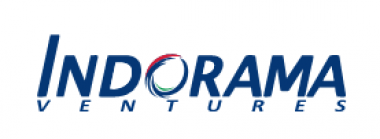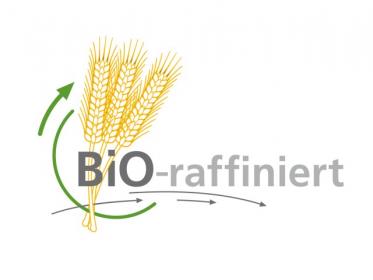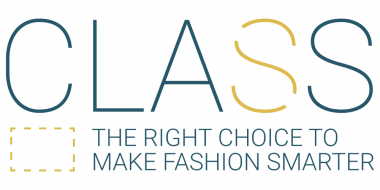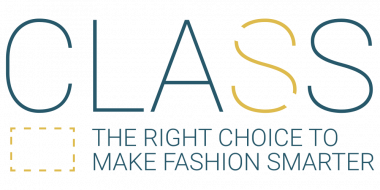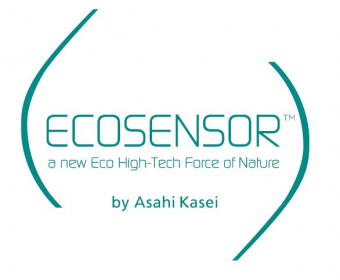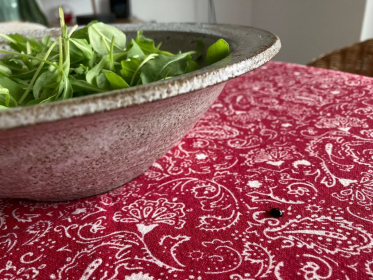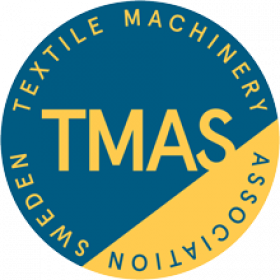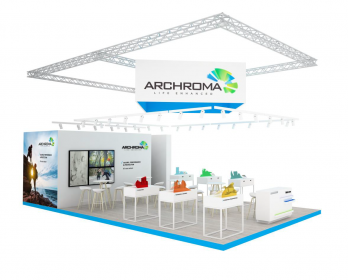IVL: Corpus Christi Polymers plant in Texas resumes construction
Indorama Ventures Public Company Limited (IVL) announced that construction of an integrated PTA-PET plant in Corpus Christi, Texas, will resume in August this year. Corpus Christi Polymers LLC (CCP), a partnership between three companies, is expected to begin production in 2025 and ensure continued cost-competitive production to support the growth of IVL’s global PET operations into the next decade.
CCP was formed in 2018 as a joint venture between Indorama Ventures Corpus Christi Holdings LLC, a subsidiary of Indorama Ventures; DAK Americas LLC, a subsidiary of Alpek S.A.B. de C.V.; and APG Polytech USA Holdings, Inc, a subsidiary of Far Eastern New Century, following the purchase of a partially constructed facility of M&G Resins in Corpus Christi. Each partner will procure its own raw materials and receive one third of the PTA and PET produced at the facility to sell and distribute independently.
Construction of the plant is resuming following a period of pandemic-related disruptions. Through the pandemic, the partners firmly resolved to continue planning amid continued robust demand for PET packaging and the need for shorter supply chains. As the impact of the pandemic eased in 2022, the management team was strengthened in preparation for the resumption in activities.
CCP is expected to be the largest vertically integrated PTA-PET production plant in the Americas, and IVL’s biggest greenfields project in the U.S. since the development of the AlphaPet production facility at Decatur, Alabama in 2009. The new Texas facility is a significant addition to IVL’s leading global footprint, and will expand its coverage to customers across the U.S. The plant’s vertical integration optimizes PTA-PET production and, together with the availability of raw materials Paraxylene and Mono Ethylene Glycol in the U.S., ensures long-term competitive-cost supply for IVL’s locally integrated polyester value chain.
The facility will have nominal annual capacities of 1.1 million metric tons of PET and 1.3 million metric tons of PTA, shared between the partners. It will employ three state-of-the-art technologies: PTA: IntegRex®, PET melt: Invista, and PET solid state: Easy Up (HCIRR – Horizontal Continuous slightly Inclined Rotary Reactor).
CCP is adding to its leadership team to prepare for the new growth opportunities. Mr Russell Wilson will leave his role with IVL as Head of Manufacturing Americas, Combined PET, to take up a new role as Chief Executive Officer of CCP from 18 July. He brings 30 years of Aromatics and PET leadership experience including prior roles with Amoco and BP before joining IVL. Mr Todd Hogue, IVL’s Global Head of EH&S, replaces Mr Wilson as IVL’s representative on CCP’s Board. Mr Michael Day joined CCP as Project Director in June and brings 34 years of construction leadership experience including senior roles with Bilfinger, KBR, and CB&I. Mr Jeff Shea will assume the role of Chief Operating Officer on 18 July. Mr Shea has been in the PET industry for the last 22 years and has managed PET sites for the last 17.
Indorama Ventures Public Company Limited


